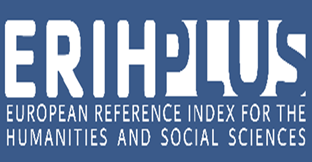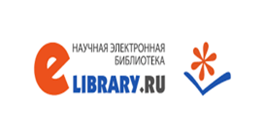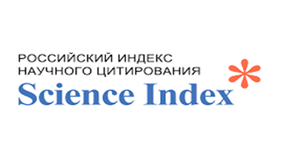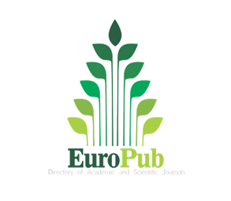Place and role of science in local communities of the Turkic Siberian republics
Views: 272 / PDF downloads: 252
DOI:
https://doi.org/10.32523/2664-5157-2022-3-7-16Keywords:
socio-humanitarian, knowledge, community, region, attitude, prestige, prospectsAbstract
In this article, we want to reveal the dynamics of attitudes towards science, the profession
of scientist and socio-humanitarian knowledge in the local communities of the South Siberian republics
(Khakassia, Altai, and Tyva). The empirical basis of the analysis is the results of quantitative and
qualitative sociological field research conducted by the author in the first half of the 2000s. Because of
the analysis of research literature and interview texts, we established the finding of several important
points. First, the prestige of science as a social institution, including its socio-humanitarian domains and
the profession of a scientist has decreased. Second, science nevertheless retains its role as an important
channel for social mobility, especially for the replenishment of the national intelligentsia. Third, if we are talking about the position of regional authorities, it is characterized by a predominantly utilitarian
approach to science and its results: science, in fact, plays a supporting role. Finally, there is a clear
trend towards the reproduction of the regional humanitarian intelligentsia at the expense of people
from other social strata. An important result of the study is the conclusion about a more favorable
socio-psychological state of representatives of regional scientific communities, which is associated,
among other things, with maintaining respect for education, for educated people in societies that have
relatively recently embarked on the path of social modernization.
Downloads
Reference
Vstrecha s zam. predsedatelja Pravitel’stva Tuvy., 2009. [Meeting with Deputy Prime Minister of Tuva]. Novye issledovanija Tuvy [The New Research of Tuva]. No 3. [Electronic resource]. Available at: URL: https://www.tuva.asia/journal/issue_3/457-rab-vstrecha.html. (Accessed: 02/07/2022). [in Russian].
Damdyn O.S., 2017. Istorija formirovanija tuvinskoj intelligencii [The history of formation the Tuvan intelligentsia], Molodoj uchenyj [Young Scientist], 17. P. 419-420. [in Russian].
Lamazhaa L.K., 2011. Arhaizacija obshhestva v period social’nyh transformacij (social’no-filosofskij analiz tuvinskogo fenomena): avtoreferat dissertacii na soiskanie uchenoj stepeni doktora filosofskih nauk [Archaization of society in the period of social transformations (socio-philosophical analysis of the Tuvan phenomenon): abstract of the dissertation for the degree of Doctor of Philosophy]. Protected: 17/11/2011. Moscow. 43 p. [in Russian].
Lamazhaa L.K., 2013. Arhaizacija obshhestva. Tuvinskii fenomen [Archaization of society. Tuvan phenomenon]. Moscow. 2013. 272 p. [in Russian].
Panarin S.A., 1996. Jetnopoliticheskaja situacija v Respublike Burjatija [The ethnopolitical situation in the Republic of Buryatia], Bajkal’skaja Sibir’: iz chego skladyvaetsja stabil’nost’ [Baikal Siberia: what makes stability] (Natalis. Moscow-Irkutsk. P. 23-94). [in Russian].
Tarbastaeva I.S., 2016. Pravovoe pole jetnonacional’noj politiki v Respublike Tyva (1991 – nast. vr.) [The legal field of ethno–national policy in the Republic of Tyva (1991 - present)], Novye issledovanija Tuvy [The New Research of Tuva]. No 2. [Electronic resource]. Available at: https://www.tuva.asia/journal/issue_30/8678-tarbastaeva.html (Accessed: 02/07/2022). [in Russian]
Harunov R.Sh. Formirovanie intelligencii v Tuvinskoj Narodnoj Respublike: avtoreferat dissertacii na soiskanie uchenoj stepeni kandidata istoricheskih nauk [Formation of the Intelligentsia in the Tuva People’s Republic: abstract of the dissertation for the degree of Candidate of History]. Protected: 28/11/2003. Abakan. 28 p. [in Russian].
Downloads
Published
How to Cite
Issue
Section
License
Copyright (c) 2022 Turkic Studies Journals

This work is licensed under a Creative Commons Attribution-NonCommercial 4.0 International License.
























